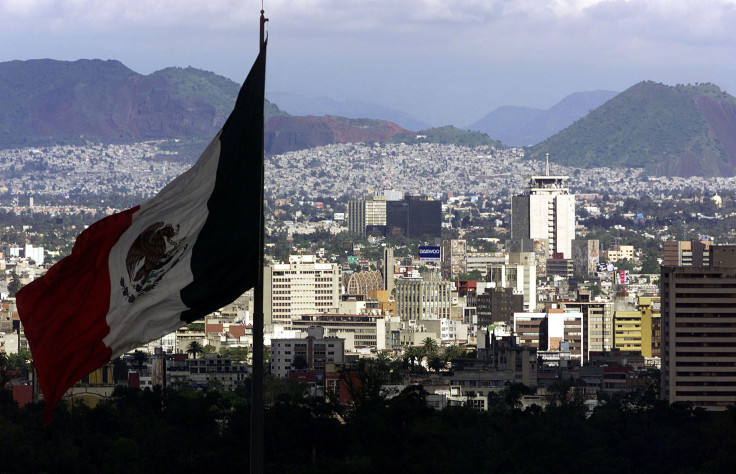With A Declining Economy And Divided Politics, Can Mexico Go Back To The Hopeful Nation It Was 12 Months Ago?

Barely a year ago, Mexico was gloating with pride. In a world still hurting from a global financial crisis, Mexico’s economy was growing, so much so that analysts including Goldman Sachs were saying that by 2020 Mexico would be among the 10 largest economies in the world. (It's currently mumber 14 by size of nominal GDP.) As newly elected President Enrique Peña Nieto was sworn in, he could look forward to a good start to his term.
But today economic reports bring nothing but bad news. The International Monetary Fund slashed Mexico’s growth prediction for this year from 2.9 percent to 1.3 percent. The Mexican government itself reduced its forecast from 3.1 to a 1.8 percent in August, after a very disappointing second quarter when the economy grew just 1.5 percent. Nature did not help: Hurricanes Manuel and Ingrid brought such destruction that the government had to shave one-tenth of a percentage point off its estimates, and experts think that figure is still optimistic.
As economist José Luis Calva told Spanish newspaper El País, “if this is not recession, then is a very ugly non-recession.”
Several factors have been cited as possible causes, for example a drop in exports to the U.S. Mexico is still very dependent on its northern neighbor, with 80 percent of all Mexican exports going to the U.S. There is a saying in Latin America that when the U.S. sneezes, the rest of the world catches a cold, and Mexico is usually the first to fall sick -- in 2009, when America was enduring the worst of its crisis, Mexico’s economy dropped 9 percent.
Another factor is the government's attempt to balance the budget. “We should also take into account that we are comparing numbers to 2012, an electoral year and ergo, a year of a lot of spending,” pointed out Juan Pardinas, director of the Mexican Institute for Competitiveness.
Pardinas, along with many other economists, thinks the economy will accelerate, but he is cautious, adding that low productivity and the closing of some sectors to private investment will prevent the economy from growing further.
The International Monetary Fund is also hopeful, arguing that the Mexican economy could reach growth of 4 percent once the government’s reforms start showing results, should they be approved. A fiscal reform is currently being discussed in Senate. The energy reform, which would the open the state oil monpoly Pemex to foreign and private investment, is still being disputed by opposition parties.
Pardinas agrees, but thinks the reforms should have been more aggressive. “If the reforms are approved, we will be in better shape than now,” he said. “But they are not very ambitious.” Pardinas said that "informal work," which means that 60 percent of the workforce is employed under the table, is the biggest obstacle to growth.
On his first anniversary as president in December, Peña Nieto might have a handful of reforms approved in record time. But in reality, his nation will be waiting to see if they will, as promised, bring back the “Mexican moment.”
© Copyright IBTimes 2024. All rights reserved.




















